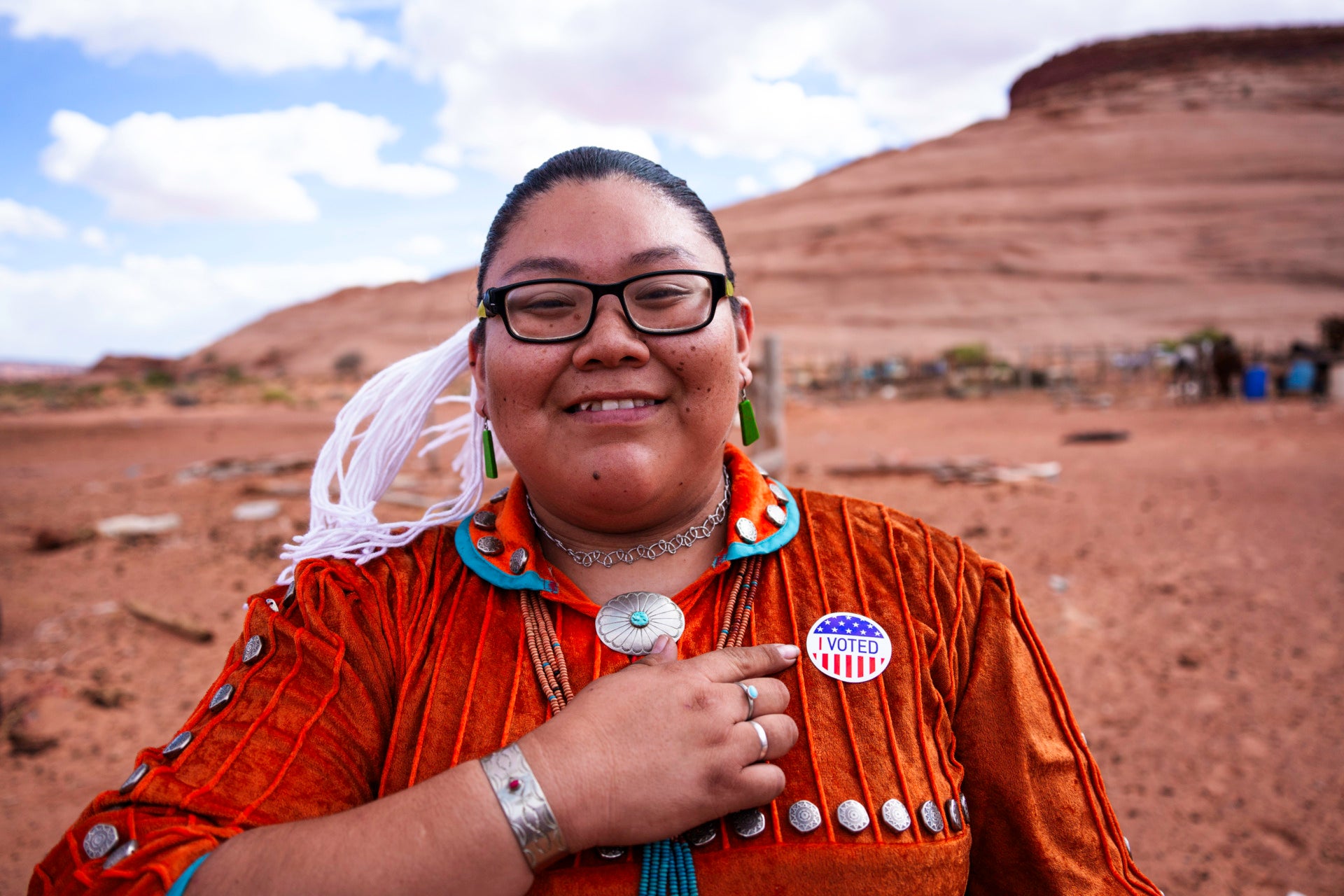Aspen Institute President and CEO Dan Porterfield delivered the below remarks at the Institute’s 36th Annual Awards Dinner on Thursday, November 14, 2019 in New York City. The Institute presented its Henry Crown Leadership Award to Ginni Rometty, chairman, president, and CEO of IBM, and its Public Service Award to Bryan Stevenson, founder and executive director of the Equal Justice Initiative. Follow Dan Porterfield on Twitter @DanPorterfield.
Good evening, everyone. Please join me in thanking all who made this evening possible—those who prepared and served our meal, and readied this room, and planned this event.
I’d like to express my gratitude to all attendees, to our many Dinner Vice Chairs, our Board Chair Jim Crown, and most of all, our extraordinary Dinner Chair and Trustee, Mercedes Bass.
For 70 years, the Aspen institute has worked to help build a free, just, and equitable society. We drive change in many ways.
We bring together thoughtful people with diverse points of view for deep dialogue, facilitated by expert moderators in the tradition of the revered Keith Berwick, Ben Dunlap, and Skip Battle.
We cultivate values-based, purpose-driven leaders in many communities, including our newest Henry Crown Fellowship class—the “Moonshot” class—all here tonight.
We turn ideas into action that makes impact, often in grassroots communities, in real-life ways—like helping families save, like helping students learn, like helping young people lead, like helping local businesses grow.
The work of driving change isn’t easy. And the paths aren’t always clear. It requires action and reflection, will and skill, practical instincts and moral courage.
I see that every day in the Aspen Global Leadership Network Fellows who are doing things like organizing mothers to protect the environment; or in the work of Aspen Institute trustees who are doing things like helping bring to scale the successful ventures of our Fellows; or in the work of our employees, who are breaking glass ceilings, or taking on structural racism, or making the case for the humane treatment of immigrants.
We believe that every person can make a difference and all of us can try. That’s why it’s so fitting this evening to have the opportunity to recognize, honor, and thank Ginni Rometty for being here with us and for your thoughtful reflections on stakeholder capitalism.
It’s now my pleasure to introduce Bryan Stevenson and present him with the Aspen Institute’s Public Service Award. After the presentation of the award, Bryan will be joined by our trustee Katie Couric for a conversation on stage.
Bryan is the founder and Executive Director of the Equal Justice Initiative, a widely acclaimed public interest lawyer, a recipient of the MacArthur “Genius” Prize, and the award-winning author of the New York Times bestseller, Just Mercy—and is about to have the pleasure of seeing himself depicted on screen by the actor Michael B. Jordan.
Bryan has dedicated his life to serving the most vulnerable in our society—the poor, the incarcerated, and the condemned. He helped to win major legal challenges, including several before the U.S. Supreme Court, eliminating excessive and unfair sentencing, exonerating innocent people on death row, confronting abuse of the incarcerated and the mentally ill, and aiding children prosecuted as adults. In 2018, Bryan’s vision led to the creation of the Legacy Museum and the National Memorial for Peace and Justice in Montgomery, Alabama, which chronicle the history of slavery, lynching, and racial segregation, and the connection to today’s realities of mass incarceration and structural racism.
I have been inspired by Bryan’s life story for at least thirty years. When I was writing my doctoral dissertation on American writers in prison, after having also taught in prisons, I read an amazing article in the New York Times about a young lawyer in Alabama who was changing how we think about inequality in our criminal justice system. Bryan, you must have been all of 30, or 25, or 14 at the time. But it was inspiring to me as I was trying to do justice in my way—and over all these years since, I have followed your work, seen its benefits emerge in public narratives, and drawn inspiration from your vision.
Everyone knows Bryan’s teaching about the value of our having “proximity” to those most profoundly marginalized in our society. This idea—if I have it right, Bryan—is that by drawing close to such eminent individuals, we see still better the power dynamics in our society, the humanity of those we often do not see, and connect in a new way to the reality of our own fragile humanity. Such proximity allows us to bear witness to the pain of another and moves us to act in solidarity.
Well, there’s another “P” word I associate with you, too—“persistence.” All these years and decades you have worked persistently to serve people, society, and justice. It is that persistence toward justice, and the excellence of your work, that we honor this evening.
Thank you, and congratulations.

